It’s a sad fact that eight out of 10 parents don’t know basic first aid procedures that could save their child’s life, or help reduce the devastating effects of an accident. We all hope it will never happen, but every parent should know what to do in an emergency. “Children will have accidents,” says Ben Fisher, “so we have a responsibility to them to be prepared!”
Kids First Aid ( www.kidsfirstaid.com.au) wants all parents, grandparents, family members and carers of children to learn first aid so they can rush to the rescue, calmly, confidently and correctly. Here are some of their top tips to remember when an emergency strikes.
Trust your Instincts. You know your child better than anyone. If he or she doesn’t look right to you, or is behaving strangely, act immediately! Ninety-nine percentage of first aid is common sense.
First call 000 for help. Don’t wait to call an ambulance. Paramedics would prefer to attend in the ambulance and not be needed, than being called when it is too late.
Keep calm and in control. Parents are often afraid of making the situation worse so they do nothing. But you need to act, and you can’t make it worse if you’re doing the right things.
Be aggressive with your treatment. People are always surprised by how forceful you need to be. They’re afraid of hurting the child by slapping them hard on the back when they’re choking or pushing too hard on their chest when administrating CPR. But when you’re acting to save their life, hurting them is not the major concern. You need to be effective. A soft tap will not dislodge an obstruction and for CPR, you need to compress the chest deep enough get the heart pumping.
Recognise when a child is in respiratory distress. One of the most obvious signs is the tracheal tug, when a child’s respiratory rate is fast and the front of their throat sucks in.
Act quickly for choking. If it’s a partial obstruction with noisy breathing, encourage the child to cough it out. If it’s a complete obstruction, where there is silent or no breathing, administer 5 back blows and 5 chest thrusts to try to dislodge the item. Repeat once. If the blockage is not relieved, begin CPR.
Apply water only to burns. Remove clothing immediately unless it is stuck to the burn area. Cool the burn area with clean cold tap water for 20-30 minutes. Take the child into the shower if the burn covers a large area. Never apply creams, lotions, gels or oils.
Phone 131 126 for the Poison Information Line.
Observe carefully after a head injury.
Staunch bleeding. Continue to apply pressure to the site unless the bleeding stops. Apply a constrictive bandage above the child’s knee or their elbow for life-threatening or unstoppable bleeding.
Be home smart and safe. Think about the dangers in your home and use common sense. From detergent to deodorant, many household products are potentially poisonous to children if swallowed. To childproof your house, think from a child’s perspective. Remove all poisons and cleaning products from under your sink and place them up high, in a locked cabinet. Store all medicines in a locked cabinet. Never leave cosmetics and toiletries within easy reach. Everyday products such as perfume, hairspray, nail polish and remover, even mouthwash, can be harmful to children. Cover electrical outlets. Remove lids and locks from furniture or trunks, and doors from old refrigerators, to prevent a child from climbing inside. Keep plastic sacks, such as grocery bags or dry cleaning wraps, well out of reach. Be mindful at all times.
Be prepared for an emergency. Learn CPR and choking management. Assemble a first aid kit with emergency instructions. Keep important numbers handy and near your phone such as poison control, your doctor, work and mobile numbers, and a neighbour or nearby relative. As soon as your child is old enough to know their own name and address, teach them to dial 000 to call for help in case of an emergency.



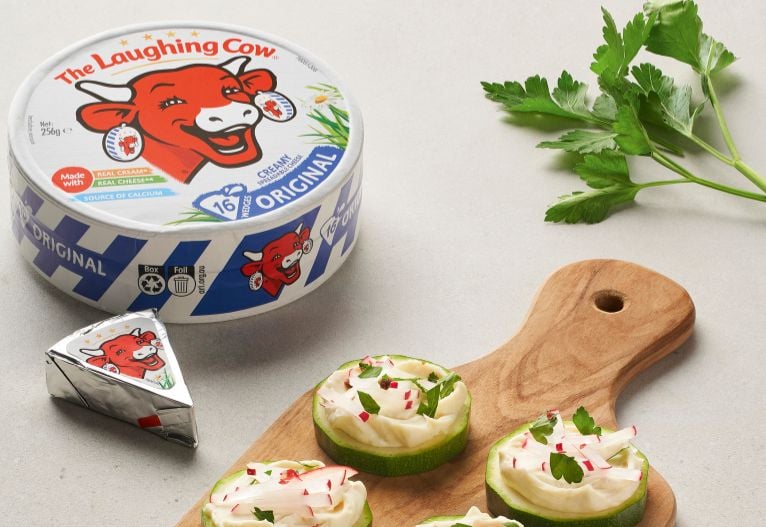
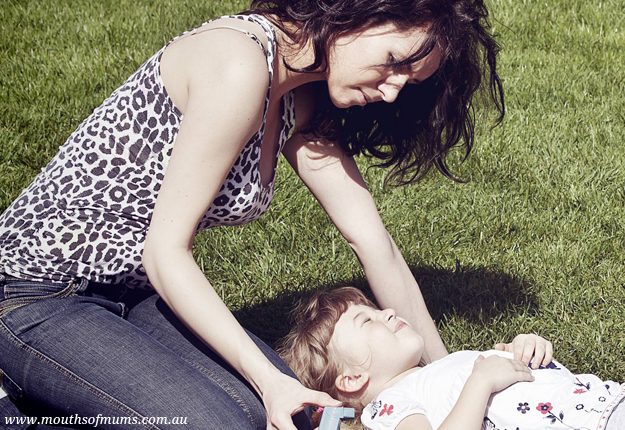
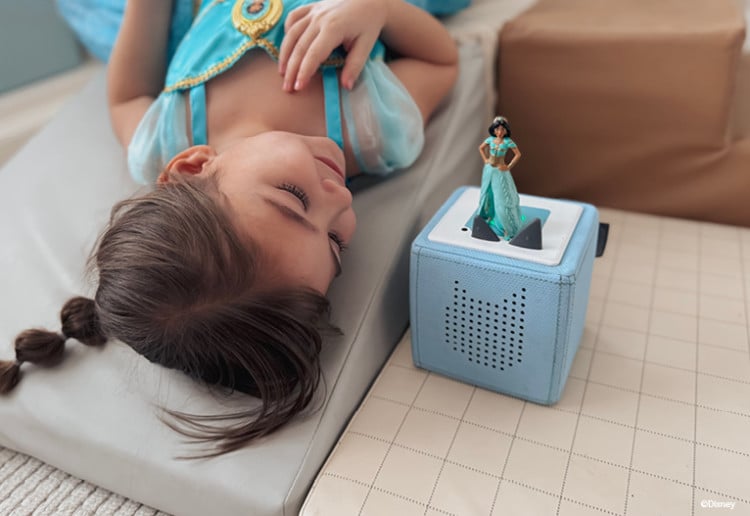


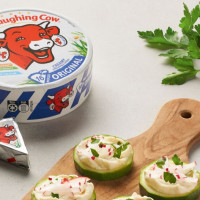
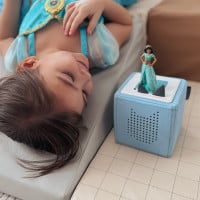

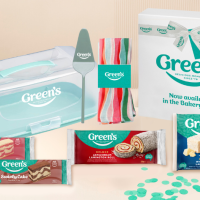
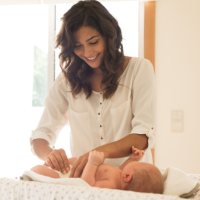
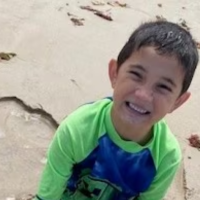
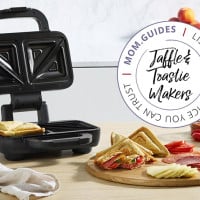


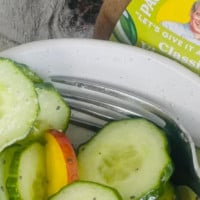



10:21 am
8:13 pm
7:47 pm
5:36 pm
8:03 am
7:28 am
7:01 pm
10:50 am
11:08 pm
9:42 pm
3:52 pm
12:50 pm
10:34 am
11:38 pm
8:43 pm
7:34 pm
4:58 pm
2:58 pm
2:16 pm
-

-
-
-
jocelynwong31 replied
- 15 Nov 2013 , 3:42 pm
Reply2:09 pm
- «
- 1
- …
- 3
- 4
- 5
- »
Post a commentTo post a review/comment please join us or login so we can allocate your points.